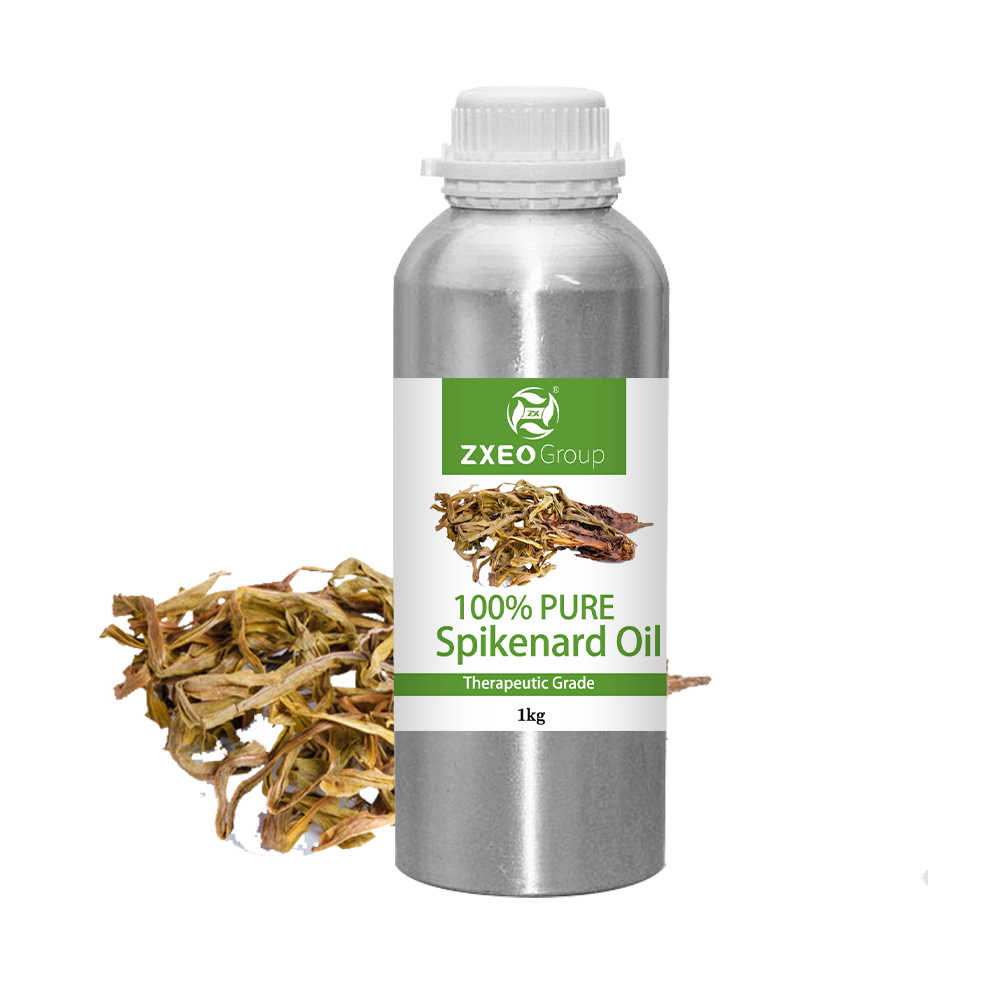Spikenard Essential Oil is also known as Jatamansi Essential Oil. The botanical is also known as Nard and Muskroot.
Spikenard Essential Oil is produced by steam distilling the roots of Nardostachys jatamansi, a flowering botanical that grows wild in the Himalayas.
Generally speaking, Spikenard Essential Oil contains approximately 50% Sesquiterpenes, 10-15% Sesquiterpenols and 5% Aldehydes. Vetiver Essential Oil also contains levels of Sesquiterpenes and Sesquiterpenols within these approximate ranges.
Aromatically, Spikenard Essential Oil is very deep, rich, earthy and woody. I love Vetiver Essential Oil, and the two are somewhat similar in aroma. However, Spikenard Essential Oil is not as smoky smelling (and the Spikenard Essential Oils that I’ve worked with are not as thick). Some refer to Spikenard Essential Oil as having an “animalistic” aromatic subtly to it.
I love the aroma, but tend to use it sparingly in blends as to not overpower the aroma of other essential oils and because it is endangered (see below). It blends well with many other essential oils including those in the wood, spice, herbaceous and floral families.
For emotional applications, Spikenard Essential Oil is calming and relaxing. It can be useful to include in blends intended to help promote sleep and relaxation.
Spiritually, Spikenard has a very long history. Spikenard Essential Oil is a wonderful essential oil to use for meditation, prayer and other spiritual applications. It is incredibly grounding. It resonates and helps balance the Root Chakra.
Spikenard may be the spikenard aka nard that are referenced within the Old and New Testaments of the Bible. However, a number of plants have gone by similar common names throughout history, so it’s not with full certainty that Nardostachys jatamansi that we know today as Spikenard or Jatamansi is the same Spikenard referenced in the Bible.
“Thy plants are an orchard of pomegranates, with pleasant fruits; camphire, with spikenard, spikenard and saffron; calamus and cinnamon, with all trees of frankincense; myrrh and aloes, with all the chief spices:”
— Song of Songs 5:13
“Then took Mary a pound of ointment of spikenard, very costly, and anointed the feet of Jesus, and wiped his feet with her hair: and the house was filled with the odour of the ointment.”
— John 12:3
I’ve encountered statements that claim that it was pure, undiluted Spikenard Essential Oil that Mary used to anoint and pour over Jesus’ feet. That is not necessarily true. It was much more likely that a beautiful anointing oil was made by infusing spikenard roots into olive oil or another lipid was used. For more information regarding how anointing oils and fragrant oils were made during Biblical times, read AromaWeb’s article Aromatic Botanicals, Aromatherapy and the Bible.
Spikenard Essential Oil Sustainability Concerns
Spikenard is critically endangered. Over-harvesting of Spikenard for use in the production of Spikenard Essential Oil is responsible for causing greater endangerment to this revered plant. Whenever possible consider using and purchasing alternate essential oils to use in place of endangered Spikenard Essential Oil. Vetiver Essential Oil is a possibility. When purchasing Spikenard Essential Oil, ensure that you are purchasing it only from a reputable supplier that focuses upon the legal sourcing and sustainability of Spikenard. For more information about the circumstances, read Tisserand Institute’s article Spikenard and Sustainability. Also refer to the “Sustainability and Conservation Status” section below.
Spikenard Essential Oil Benefits and Uses
- Insomnia
- Menstrual Problems
- Muscular Spasm
- Muscular Contractions
- Neuralgia
- Sciatica
- Bodily Congestion
- Aging Skin
- Physical Tension
- Stress-related Conditions
- Anxiety
- Nervous Tension
- Soothing
- Calming
NAME:Kelly
CALL:18170633915
WECHAT:18770633915
Post time: Apr-19-2023

